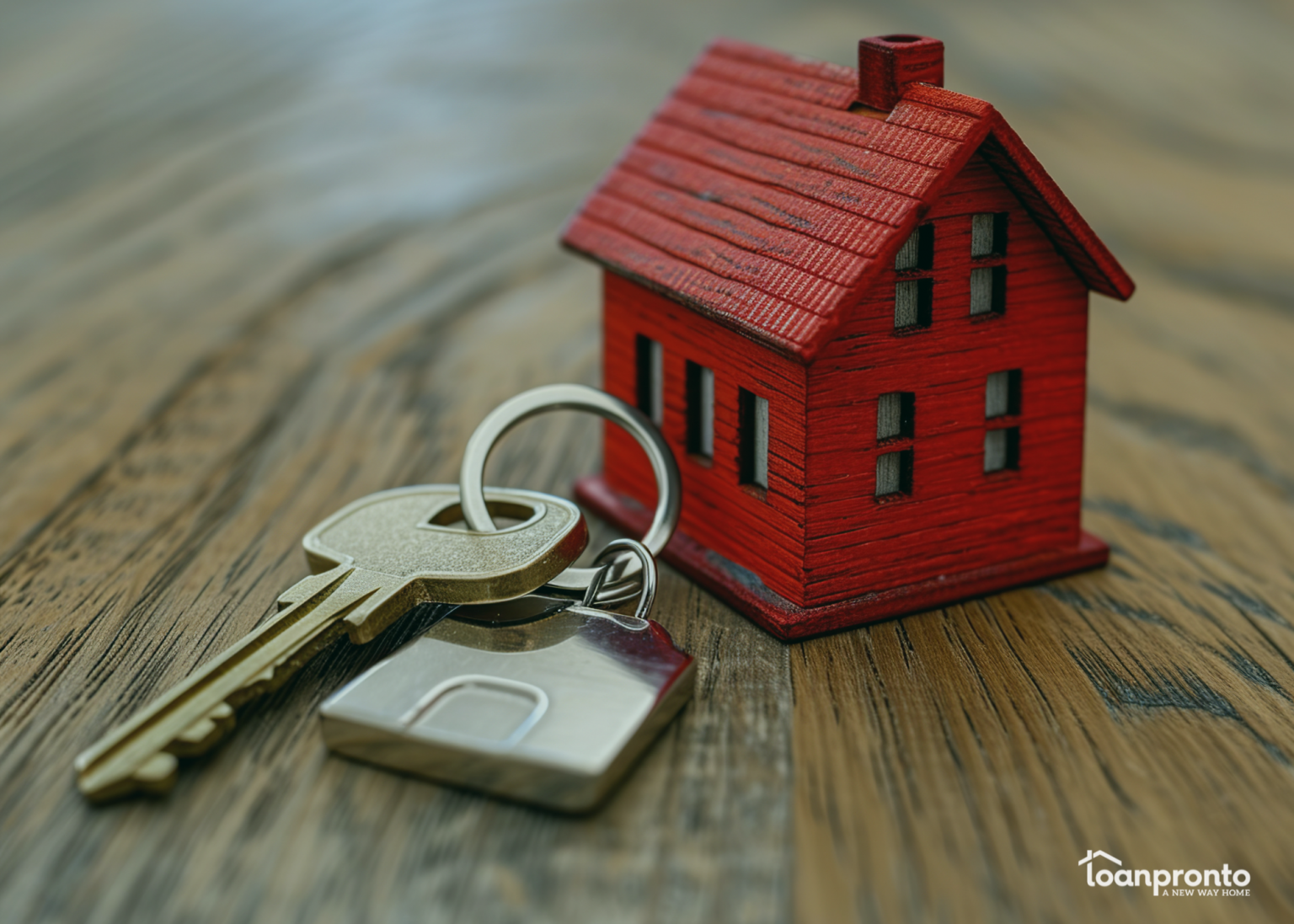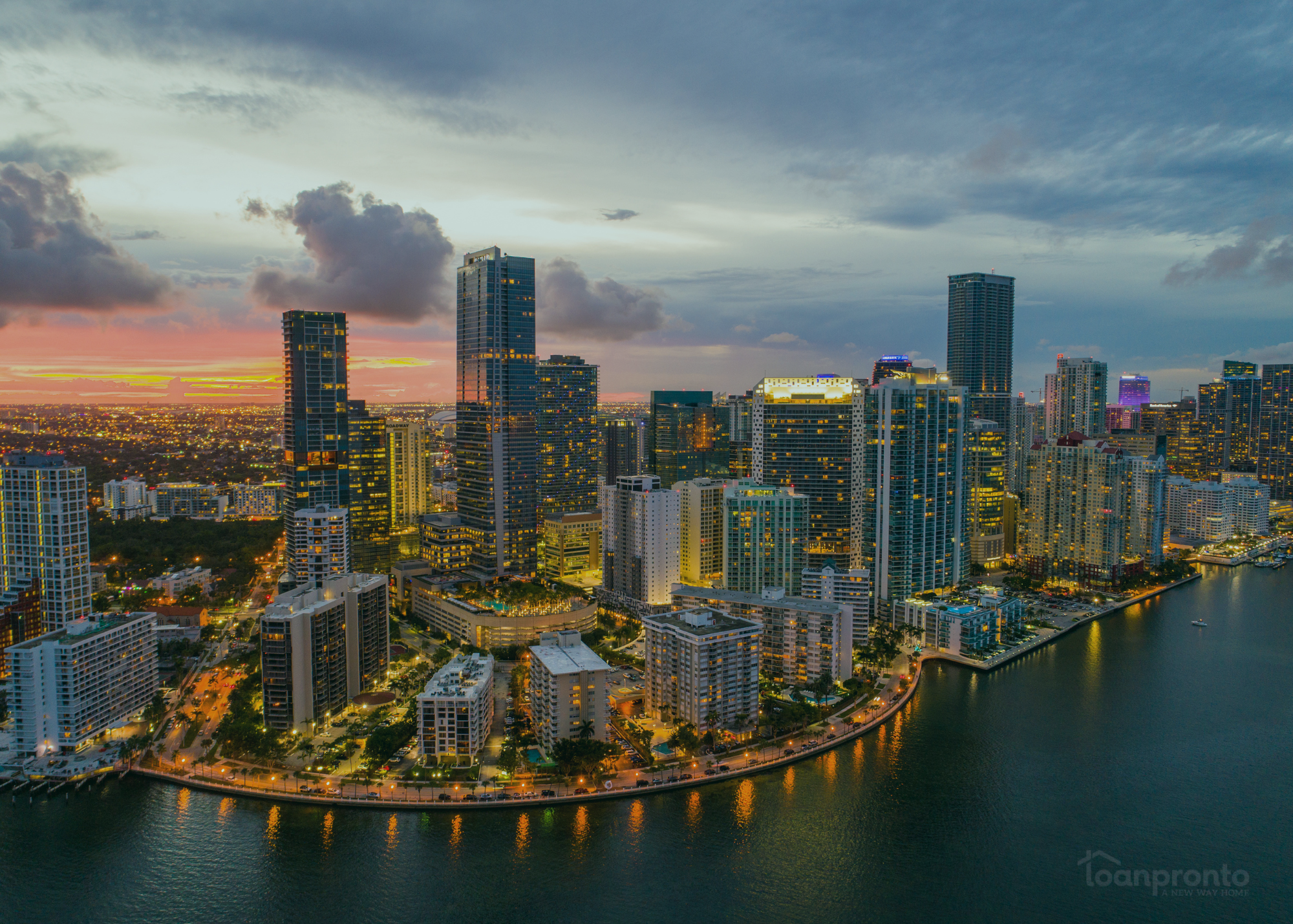Key Takeaways
-
Home affordability depends on more than just salary—credit score, debt, and down payment impact your budget.
-
Keeping your housing payment under 28% of income helps ensure financial stability.
-
Loan options like FHA, VA, and conventional loans provide flexibility based on credit and down payment.
-
Lowering debt and improving credit can increase affordability and lead to better mortgage rates.
If you’re earning an $80k salary per year, you’re in a strong position to afford and buy a house in many markets across the U.S. However, your salary is just one piece of the mortgage loan puzzle—factors like your credit score, debt, down payment, and interest rates all play a role in determining your homebuying budget.
How Much Home Can You Afford on an $80K Salary?
On an $80,000 annual income, you can generally afford a home priced between $240,000 and $360,000. This estimate depends on key financial factors such as:
- Your credit score (affecting mortgage rates)
- Your debt-to-income ratio (DTI)
- Your down payment amount
- Current interest rates
Let’s break down how lenders assess affordability and how much you can expect to spend on a mortgage.
Understanding Mortgage Affordability on an $80K Salary
Before house hunting, it’s crucial to calculate your monthly income and expenses.
The 28% Rule
Lenders typically recommend that your housing expenses stay under 28% of your gross monthly income. For an $80,000 salary, that means:
- Gross Monthly Income: $6,667
- Max Recommended Housing Payment: $1,867 (including mortgage, property taxes, and homeowners insurance)
Using this guideline, your home price range falls between $240,000 and $360,000 assuming a competitive mortgage rate and a reasonable down payment.
Mortgage Payment Breakdown for an $80K Salary
Let’s look at a scenario where you purchase a $300,000 home with a 10% down payment ($30,000) on a 30-year fixed mortgage:
| Home Price | Down Payment | Interest Rate | Estimated Monthly Payment |
| $300,000 | 10% ($30,000) | 6.0% | $1,619 |
| $300,000 | 10% ($30,000) | 6.5% | $1,706 |
| $300,000 | 10% ($30,000) | 7.0% | $1,769 |
Note: These estimates do not include property taxes, homeowners insurance, or HOA fees, which can add hundreds to your monthly cost.
Key Factors That Affect Home Affordability
Several financial elements influence how much house you can afford beyond just your salary.
1. Credit Score
Your credit score impacts your mortgage rate, which affects your monthly payment. A higher score means better rates. Steps to improve your score include:
- Paying bills on time
- Keeping credit balances low
- Avoiding new debt before applying for a mortgage
2. Down Payment
A larger down payment can reduce your loan amount and monthly payment. If you put 20% down, you can avoid private mortgage insurance (PMI), which can save you money.
3. Debt-to-Income Ratio (DTI)
Lenders prefer a DTI ratio below 36%, meaning your total monthly debt (including mortgage, car loans, credit cards, etc.) should stay under $2,400. Some lenders allow higher DTIs up to 43%, but it may result in higher mortgage rates.
4. Closing Costs
Plan for closing costs—typically 3%–6% of the home’s price. If you’re buying a $300,000 home, expect to pay around $9,000–$18,000 at closing.
5. Mortgage Interest Rates
Interest rates greatly affect affordability. A lower rate means a lower monthly payment, while a higher rate can increase costs significantly.
6. Mortgage Term
- 30-Year Fixed Mortgage: Lower monthly payments, higher overall interest costs
- 15-Year Fixed Mortgage: Higher monthly payments, lower overall interest costs
7. Location & Taxes
Property taxes vary widely based on location and can significantly affect affordability. A home in a low-tax state may be more affordable than a similar home in a high-tax state.
8. Home Maintenance & Repairs
Owning a home means budgeting for maintenance costs, repairs, and potential upgrades. Experts recommend setting aside 1% of your home’s value per year for maintenance.
Best Mortgage Options for an $80K Salary
There are multiple loan options available depending on your financial situation:
| Loan Type | Best For | Down Payment | Credit Score |
| Conventional Loan | Most buyers | 3% – 20% | 620+ |
| FHA Loan | Low credit scores | 3.5% | 580+ |
| VA Loan | Military/veterans | 0% | 580+ |
| USDA Loan | Rural areas | 0% | 640+ |
First-Time Home Buyer Programs
First-time buyers may qualify for down payment assistance programs and grants to make homeownership more accessible. Some lenders offer 1% down payment options with additional financial assistance.
Buying a home on an $80,000 salary is achievable with smart financial planning. To maximize affordability:
- Improve your credit score to secure lower rates
- Save for a larger down payment to reduce monthly costs
- Minimize existing debt to maintain a low DTI ratio
- Research loan programs that fit your needs
Need help determining how much house you can afford? Get pre-approved today and start your homebuying journey with confidence!
FAQs: Buying a Home on an $80K Salary
No SSN required. Zero impact to credit. Your Information is never sold.



